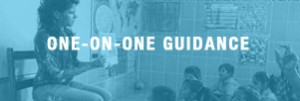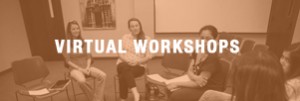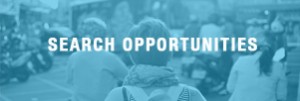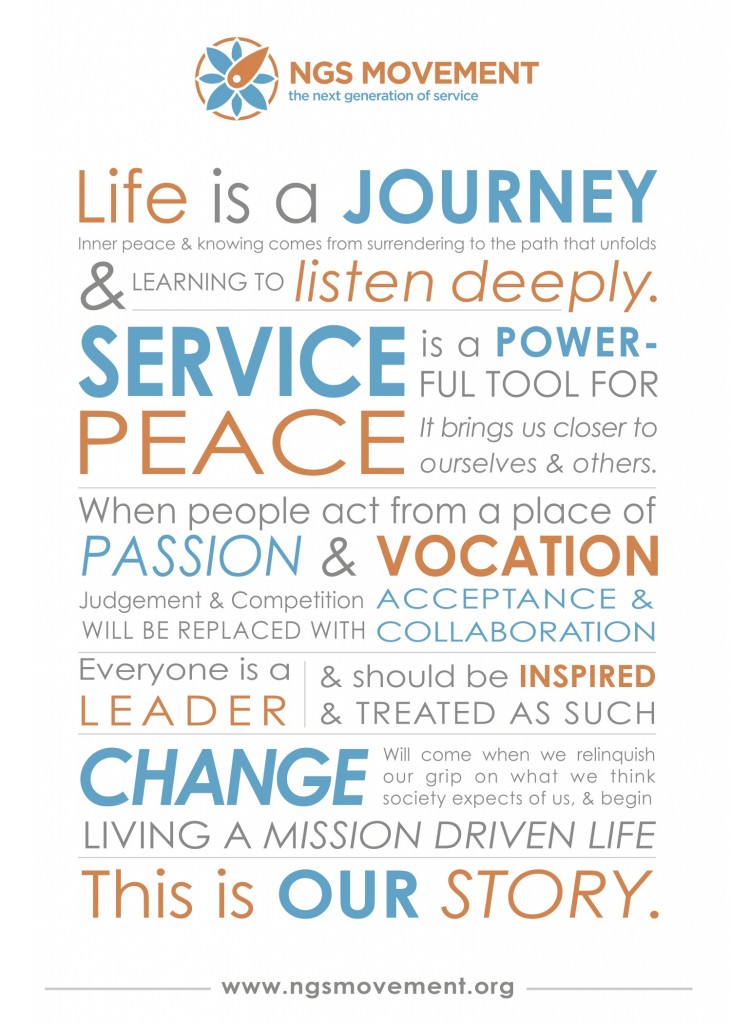Brad, Atlanta
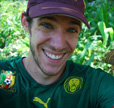 I put down my flashlight, picked up three-year old Arafat and set him on my lap. He still weighed no more than the metal flashlight now on the ground. His head fell limply against my chest as I picked up the bottle filled with soy bouille and began feeding him. He had gained some weight, yet his sunken-in fontanel, his inability to sit up, and the ever-present loose skin on his finger-thin arms and legs still incited worry for his life. He locked eyes with me as he gave a grimace and uttered a cry that touched the inner-workings of my soul. I had known that Djoulde, my best friend in village, had a child but I had never seen him until last week at the health center. Arafat’s mother died of AIDS when he was 4 months old. He was currently suffering from extreme marasmus and advanced malaria; preventable diseases. This was 10 months ago. This is Arafat’s life.
I put down my flashlight, picked up three-year old Arafat and set him on my lap. He still weighed no more than the metal flashlight now on the ground. His head fell limply against my chest as I picked up the bottle filled with soy bouille and began feeding him. He had gained some weight, yet his sunken-in fontanel, his inability to sit up, and the ever-present loose skin on his finger-thin arms and legs still incited worry for his life. He locked eyes with me as he gave a grimace and uttered a cry that touched the inner-workings of my soul. I had known that Djoulde, my best friend in village, had a child but I had never seen him until last week at the health center. Arafat’s mother died of AIDS when he was 4 months old. He was currently suffering from extreme marasmus and advanced malaria; preventable diseases. This was 10 months ago. This is Arafat’s life.
By stark contrast, my childhood consisted of growing up in wealthy and white suburbia, pampered with a neighborhood pool, a jet-ski, and expensive restaurant cuisine. Needless to say, my existence has been easy being a member of one the most privileged groups of people in the world; white, American, and male. Due to this fortunate upbringing I feel a personal requirement to dedicate my life to humbly serving others; working to make a small dent in the incredible amount of preventable suffering occurring worldly. I cannot rest content and complacent with the way the world is currently. I seek my meaning in this world through bringing about change with regard to how individuals view the global community and global ecosystem as a whole and I believe education is the first step in achieving this goal.
After two years in the Peace Corps, charged with improving health outcomes and education in an African region of more than 100,000 people, I discovered that good intentions and a humanist life perspective do not inherently result in positive outcomes. One must use science to inform action. For this reason I am in the process of pursuing a PhD in globally-focused epidemiology, hoping to use science to build functioning comprehensive primary health care systems internationally.
I feel incredibly blessed daily to have opportunities to contribute to improving care for depression and suicide in rural Haiti, to preventing HIV among men who have sex with men (MSM) in Malawi, to the development of new anti-malarial drugs in Thailand, and to educating youth on health issues in Cameroon. It is amazing how every time I travel abroad individuals thank me for what I am doing when I should be thanking them for being patient with the world as we sit idly with so much inequity and suffering. That I am able to live my dream to hopefully (eventually) make a career around improving the health of populations globally is just beyond words.
I strongly believe in the mission of NGS and think that the ultimate goal of the educational system in America should be to build character in our youth, a sense of purpose in life, and a desire to improve themselves and the world at the same time. The learning that takes place during volunteer service to the underserved is soulfully empowering on a level that cannot be touched by getting an “A” in classroom studies. Seeing children like Arafat suffer is extremely difficult, but where there is great suffering and need there is also the greatest opportunity for positive change. Nothing is more empowering than being needed and being able to contribute positively to society. I look forward to a day where all youth can be paired with an organization or opportunity where they can be needed and can contribute positively to the making of a better world.


